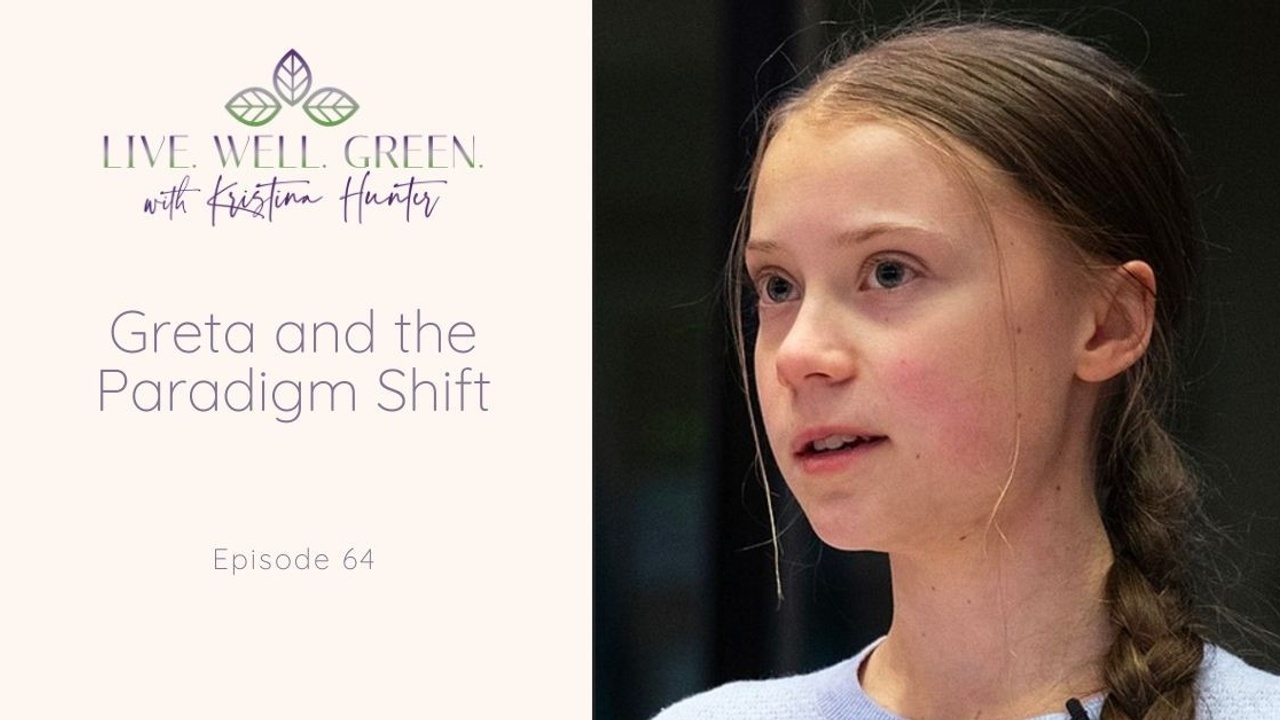Sustainable wellbeing and green living
Let's find ways to Flourish!
Environmental Justice goes beyond Climate Justice

Environmental justice is a social movement that acknowledges the disproportionate burden of environmental damage, loss of land, poor living and working conditions and risk placed on people of colour, the global south, low-income countries, Indigenous peoples around the world, and marginalized groups.
The modern environmental justice movement emerged in the United States in the early 1980s, and calls for the fair distribution of environmental benefits and burdens across all communities, regardless of socioeconomic status and seeks to address environmental discrimination.
Environmental justice will be achieved when everyone can enjoy equal degrees of protection from environmental and health hazards as well as access to meaningful involvement in the environmental decision-making process. Environmental issues must be discussed within the context of racism.
Environmental discrimination and racism affect predominantly Black and Indigenous communities across North America. The U.S. Environ...
How Ecofeminism shows us the path to a sustainable future
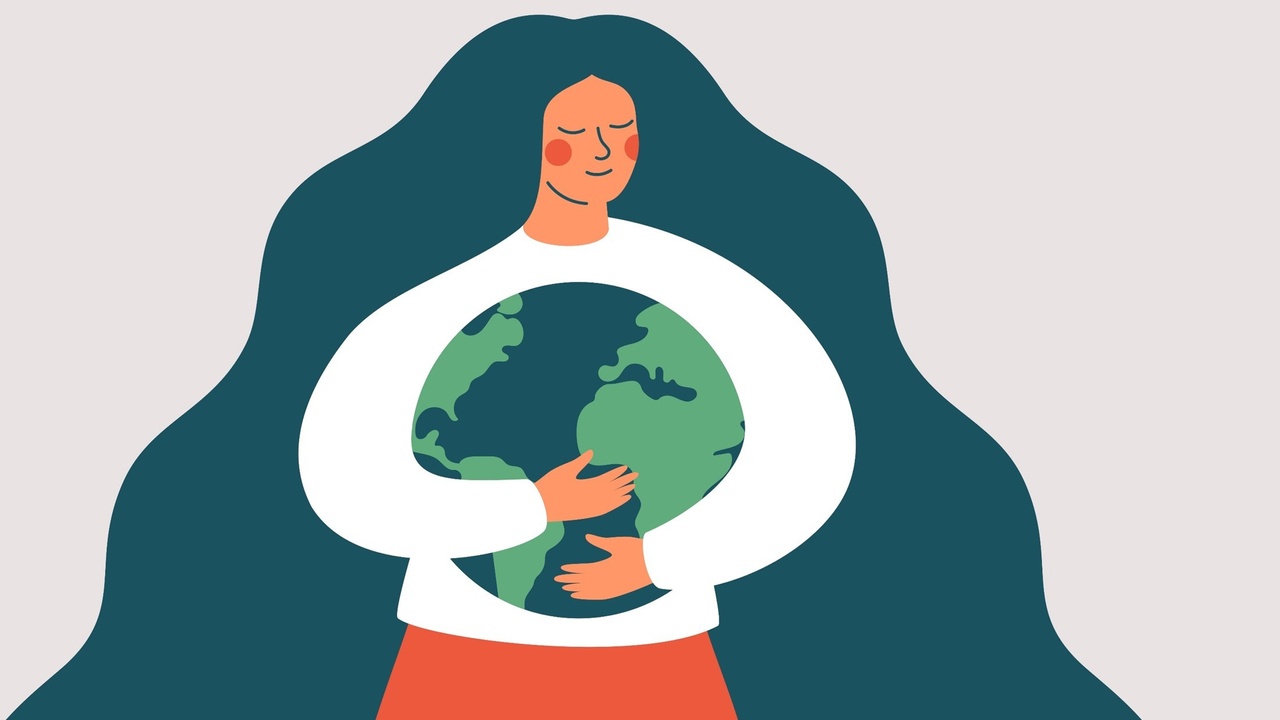
"You cannot step twice into the same river." - Heraclitus
We too are the embodiment of change, our experiences change us inwardly and outwardly, and, as it turns out, the same is true of the environmental movement. Where we once talked about sustainability being related to ecological, economic and social, we have an evolving understanding of sustainability.
Where we once may have been silent on the relationship between social justice and sustainability, we now voice that they are integrally linked. And these connections can be expansive and help us to understand on a new level the roots of the problems and, hopefully, gain insight into the solutions.
The concept of Ecofeminism is not new, however, we can continue to be informed by looking at the issues from a feminist perspective.
Ecofeminism is described as the development of new consciousness for all of life and was first introduced by Francoise d’Eaubonne, a French feminist, in 1974.
Ecofeminism highlights that the devaluat...
Can we create a new social contract with Indigenous Peoples?

According to the United Nations, there are over 476 million Indigenous Peoples living in 90 countries around the world. A large portion of the world’s cultural diversity can be attributed to Indigenous Peoples, as they represent a wide variety of cultures, traditions, languages, knowledge systems, and worldviews.
Many Indigenous cultures also have strong ties to their lands, resulting in sustainable and knowledgeable stewardship practices that have the potential to fight climate change and biodiversity loss. For example, the Indigenous Peoples of Australia have been using fire to manage forests for thousands of years.
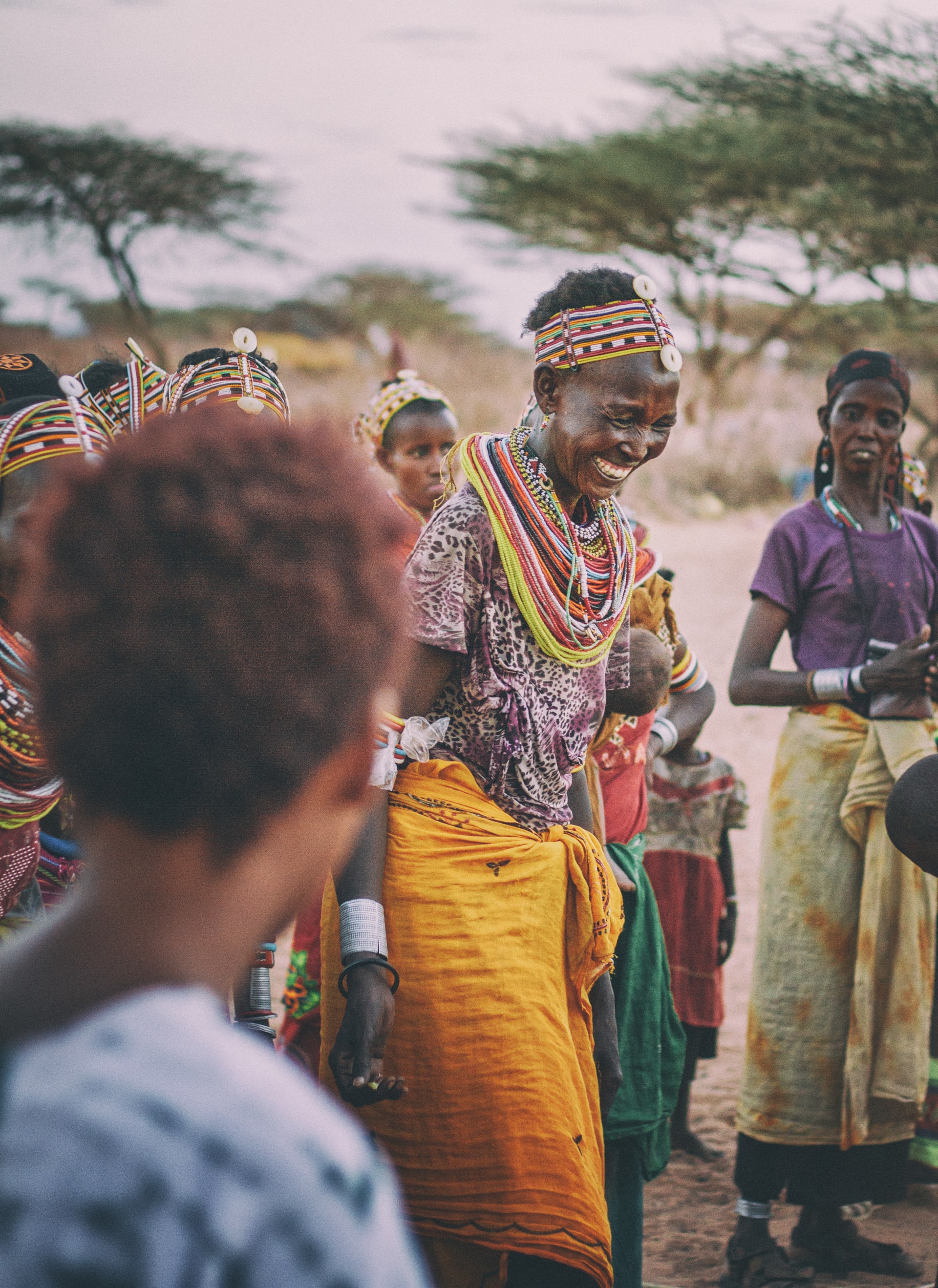
However, Indigenous Peoples have historically, and continue to face issues such as poverty, discrimination, cultural genocide, marginalization, and other human rights violations. Take the indigenous Peoples of Canada, for example.
The Indigenous Peoples of Canada have been subjected to cultural genocide for over a century. Through the establishment of policies and la...
Climate Change Stories Rewritten

The Climate Illustrated project grabbed my attention on Instagram because they are doing something different than the other activists out there. First of all, they are using the platform to share stories. Stories from real people allowing us to glimpse into the richness and diversity of the human experience, and how that experience is being threatened by climate change.
The stories that they share are of real people and their concerns over environmental issues - how they overlap with climate justice, daily survival, and their deep connection to the natural world. It is an amazing way to glimpse snapshots of life around the world.

But more than that, the images that they are using to tell these stories are stunning and powerful at the same time. It goes far beyond the usual depiction of climate change issues with melting glaciers and threatened polar bears. Through illustrations, they depict scenes that could be snapshots of a life or a portrait of resistance.

This illust...
Business done better: Triple Bottom Line Reporting
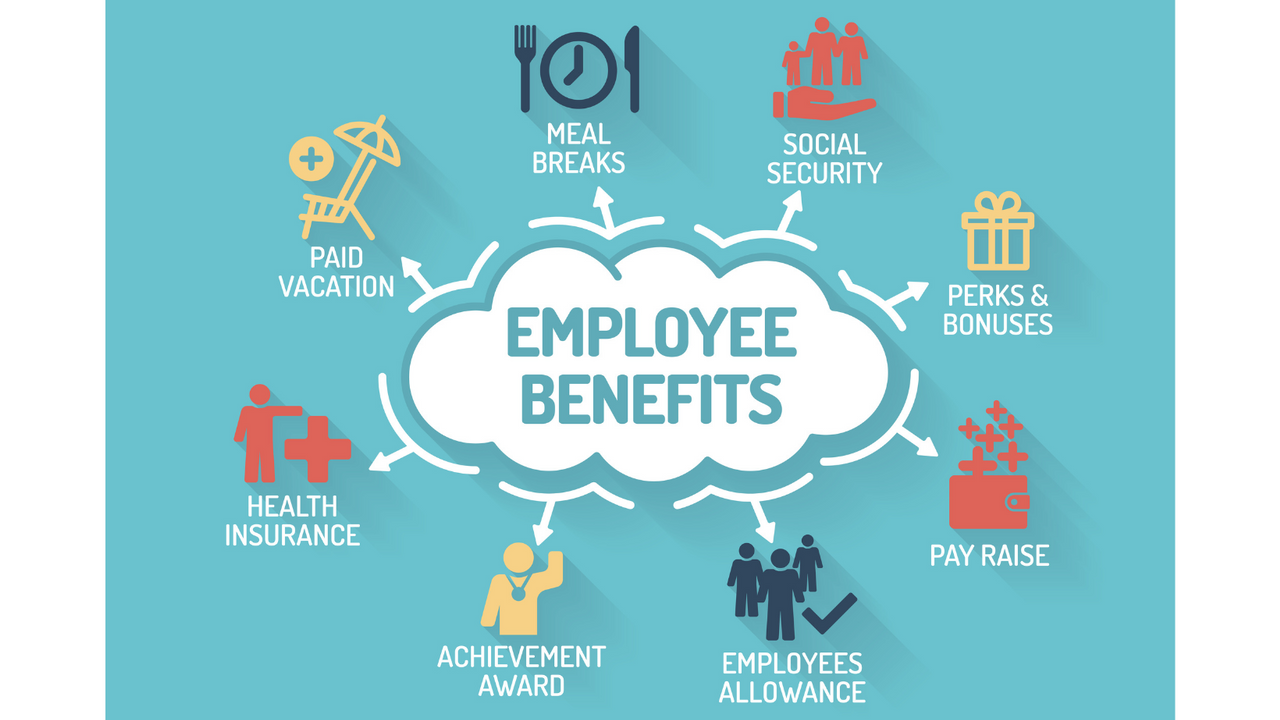
Traditionally, businesses have determined their success by measuring their bottom line, otherwise known as, “show me the money”! Sure, I get it, profits are easily measured, but we know that there is a lot more to a business than just the financials. What about the people, community, the environment and the company’s impact in all of these areas?
Why do we need more than one bottom line?
In the past decade we have started to see sustainability mentioned as a goal or purpose of many businesses, non-profits, and governments. As more and more people become aware of the environmental and social issues we are currently facing, demand for sustainable businesses is increasing. Conscious consumers want to give their business to companies that are mitigating their harmful effects and making positive contributions. And, it turns out that more and more people want to work for those types of companies too!
However, claiming to be sustainable means nothing if there is no way to measure sustainab...
Akashinga - Nature Protected by Women
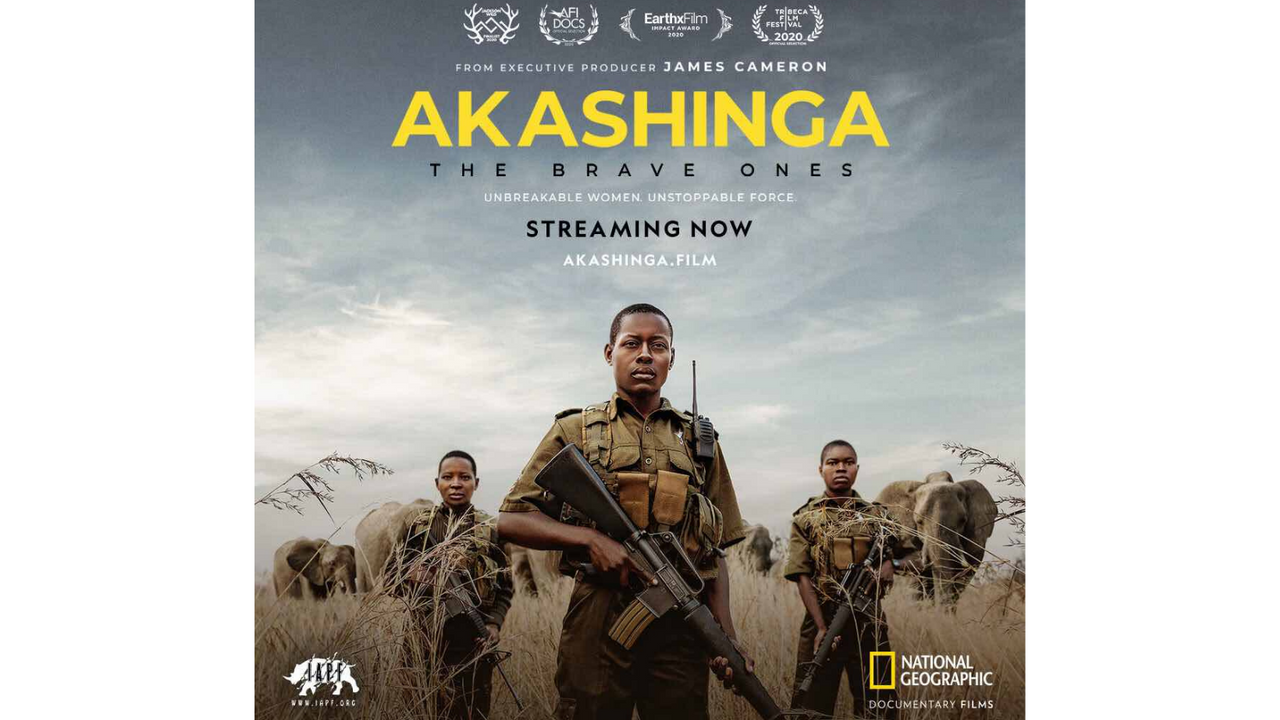
African wildlife is at risk and in need of protection. Over the span of seven years, elephant populations in Africa have decreased by 30% across the continent, mainly due to poaching. Similarly, rhinos are targeted for their valuable horns. Who is protecting African wildlife and how?
Akashinga is Africa’s first armed, all-women anti-poaching unit which is changing the way the issue of poaching is addressed throughout the continent. Instead of combatting poachers with violence, Akashinga uses a community buy-in approach that focuses on educating communities about the economic benefits of preserving Africa’s wildlife.
 Akashinga operates in Zimbabwe and relies on strong and powerful women to protect the environment and as a result, empower themselves and their communities.
Akashinga operates in Zimbabwe and relies on strong and powerful women to protect the environment and as a result, empower themselves and their communities.
How it all began
Akashinga was founded in 2017 by the International Anti-Poaching Foundation (IAPF). This foundation was created in 2009 by Damien Mander, an Iraq war veteran who served as a Naval clearance diver an...
Creating Age-Friendly Communities

Aging is a life-long process that we should embrace and enjoy, not shy away from. However, this can be difficult to do when we live in cities which are designed in a way that tends to exclude the elderly population from being active, social, and properly included in society.
Because this is such a widespread issue, the term “age-friendly” has been developed in order to describe cities and communities that are inclusive of all ages. According to the World Health Organization (WHO), an age friendly city includes policies, services, and structures related to the physical and social environment that support and enable elderly populations to age actively.
“The WHO defines active aging as being able to: live in security, enjoy good health, and continue to participate fully in society.”
This is achieved by making sure that public settings and services are accessible for varying levels of ability. It is no secret that urban areas are often designed with young and mobile populations in mind....
A better way to do business: DIFF eyewear

When it comes to combining practicality with personal expression, glasses are one of those accessories that do both, but what about social impact? Can they accomplish all three? DIFF eyewear is trying to.
In the case of prescription glasses, not only are they necessary for your vision, but they are a fun way to spice up your look and express your personal style, and sunglasses are a fun way to add a little extra something to your outfit while staying safe in the sun.

Now, wouldn’t it be great to purchase your glasses from a company whose social mission is great as well? DIFF Eyewear is an eyewear brand with a high social accountability track record, that I thought you should know about. It is impressive what they are doing, and you know that I love to highlight social enterprises!
DIFF Eyewear
DIFF Eyewear was founded in 2014 and from the onset, had some ambitious social impact goals. All three co-founders, Zach Gordan, Chad Jernigan, and Chad Dime had already been working in the...
Creatives for a Sustainable Future
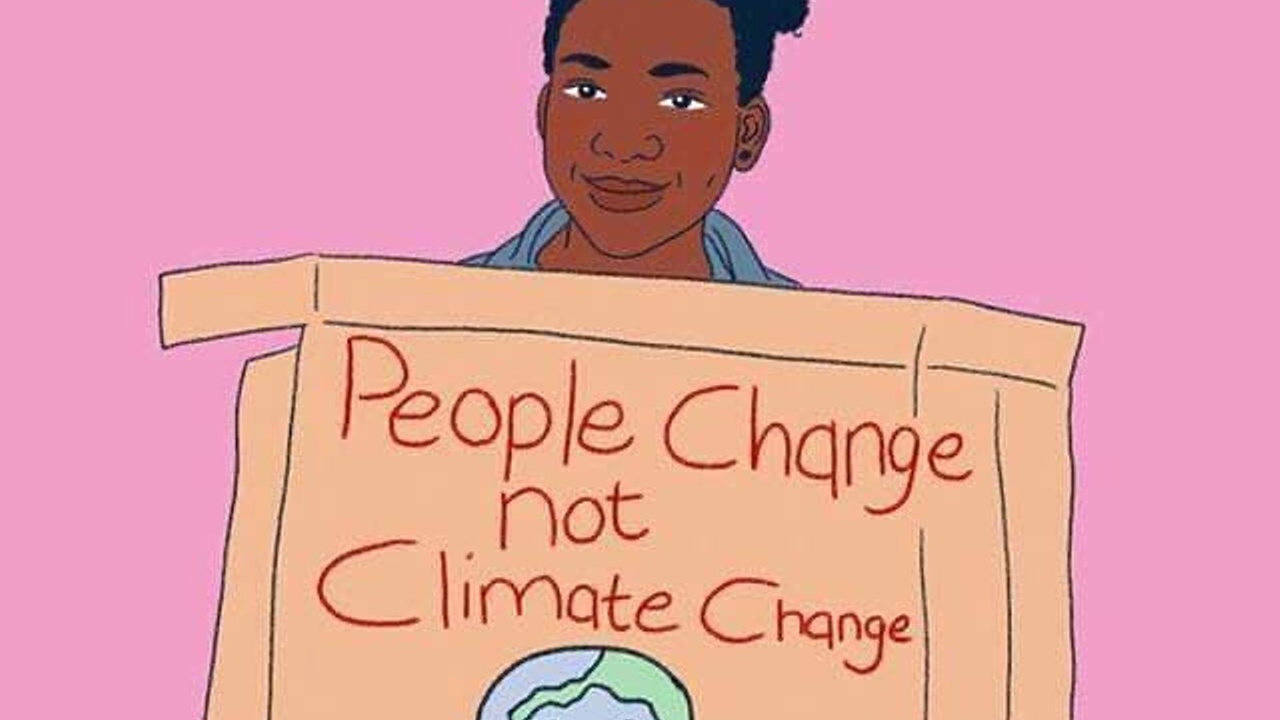
Have you heard the saying you can’t spell earth without “art”? Artists and creatives have always helped to shape society by helping us to critically examine who we are and what we value. With environmental issues it is no different, creatives in the visual arts, performing arts, as well as writers, musicians and playwrights give us a new depth of understanding the various faces of topics like climate change, deforestation, ocean pollution, consumerism, loss of biodiversity and so on.
Art moves us
To me, there has always been something moving about the way creatives can bring light to an issue. They often do it in ways that go beyond words, right to my emotional connection to the issue. Or they bring someone’s personal story to me in a way that helps me see the world from a new perspect...

